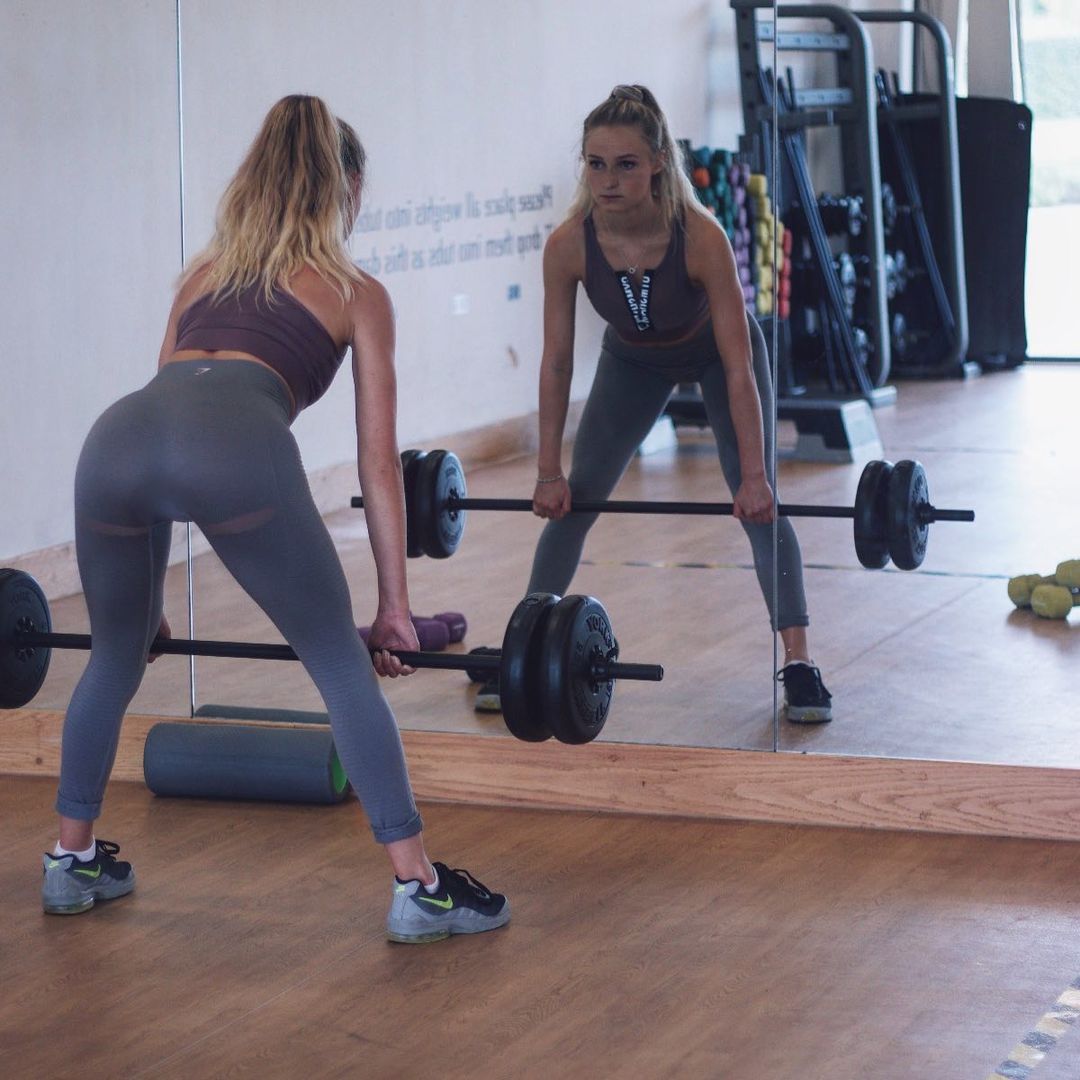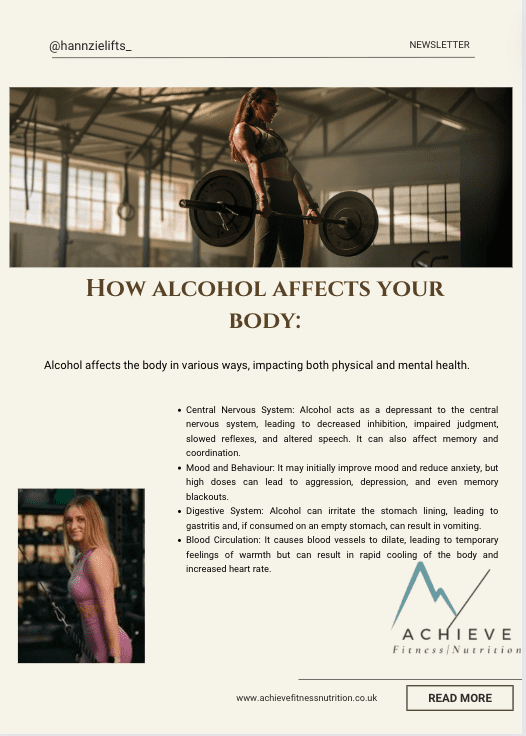Alcohol & Your Training: What They Don’t Tell You

Let me just start with this: I’m not here to tell you to never drink again. That’s not realistic, and I’m not your parent.
But if you care about how you train, how you recover, how you sleep, and basically how your body feels when you’re actually trying to improve something—alcohol definitely deserves a second look.
This isn’t coming from a textbook or some preachy article. It’s stuff I’ve noticed personally, and it’s stuff I’ve seen over and over with my clients. So, let’s get real about it.
That One Drink? It Stays Longer Than You Think
People love to say, “It’s just a drink. I’ll be fine tomorrow.” And yeah, sometimes that’s true. But more often than not, you feel it the next day—even if it’s subtle.
-
You’re sluggish.
-
Your head’s not in the game.
-
Your lifts feel heavier than usual.
-
You’re yawning before your warm-up is even over.
And that’s just after one or two. If it’s a full night of drinking? Forget it. You’re basically writing off your next training day—maybe even two.

Sleep Suffers More Than You Think
What Happens to Your Sleep After Drinking?
I didn’t used to believe this until I wore a sleep tracker for a month. Every time I had drinks in the evening, my deep sleep and REM went to hell.
Sure, you fall asleep fast. But it’s not the kind of rest your body actually needs—especially when you’re training consistently.
Why Sleep Quality Matters
Sleep is when your body repairs and recovers. So if you’re serious about making progress in the gym, and you’re drinking often, it’s like asking your body to recover while running on 50%.
Recovery Slows Down — A Lot
Inflammation Gets Worse
Alcohol increases inflammation in the body. It makes that post-workout soreness hang around longer than it should. What usually heals in 24-48 hours now takes longer.
Muscle Repair Takes a Hit
It also messes with protein synthesis. That’s how your muscles rebuild after training. With alcohol in your system, that process doesn’t happen properly. That means slower gains, more soreness, and less strength over time.
Motivation Dips, Too
Let’s be honest—when you feel like crap, you’re less likely to train. Or if you do, it’s half-hearted. That motivation you had all week? Alcohol dulls it fast.
Hydration Takes a Big Hit
Cramps, Fatigue, and More
Alcohol is a diuretic—it pulls water out of your system. No matter how much you hydrate after, it still hits. You’ll feel drier, more tired, and prone to cramps during workouts.
Ever cramped mid-squat or mid-run? Brutal. That’s what dehydration from alcohol can lead to.
It Packs on Calories With Zero Benefit
Empty Calories, No Nutrients
Most drinks are loaded with calories—especially cocktails. And yet, alcohol gives you nothing back. No nutrients, no energy, no support for your recovery.
Late-Night Snacking and Binge Eating
Let’s not ignore the domino effect—late-night food, skipped workouts the next morning, and low motivation the next day. It all adds up.
It Also Plays With Your Head
Lower Inhibition Affects Discipline
Alcohol doesn’t just relax you—it lowers your internal filter. And when you’re trying to build consistent routines, discipline matters. Skipping one session after drinking might not seem like much, but it can snowball.
Long-Term: Less Progress, More Frustration
You might not notice it at first. But over weeks or months, your performance dips, your mood is off, and your goals seem further away. That’s not just bad luck—it’s the side effects of drinking creeping in.
So… Do You Need to Quit Drinking?
Nope. I’m not here to tell you to go completely sober unless that’s what you personally want. This isn’t an all-or-nothing deal.
But if you’re trying to stay on track, here are some simple ideas:
-
Drink on rest days, not before heavy training.
-
Limit it to one or two drinks, max.
-
Stay hydrated, especially before and after drinking.
-
Avoid alcohol before bedtime if recovery is a priority the next day.
This is about being smart—not perfect.
Quick Takeaways (Real Talk)
-
Even one or two drinks can affect your sleep, recovery, and performance.
-
Alcohol delays muscle repair, lowers your energy, and increases soreness.
-
It sneaks in extra calories and messes with motivation.
-
You can drink and train—but timing, quantity, and awareness matter.
-
Making better choices around alcohol can give your training a serious boost.
Final Thoughts
If you’ve ever felt a little “off” during a workout after a night out—even if you didn’t go wild—there’s your answer. It’s not in your head.
Don’t beat yourself up. Just know what alcohol’s doing and make choices that align with your goals. That’s all. You’ll thank yourself for it later.






